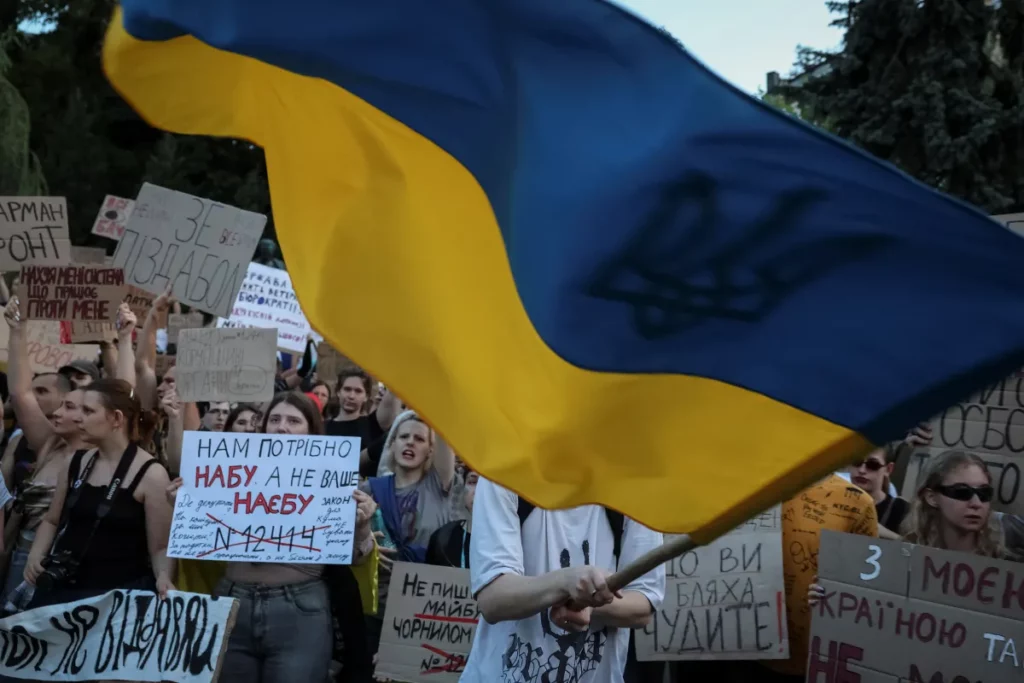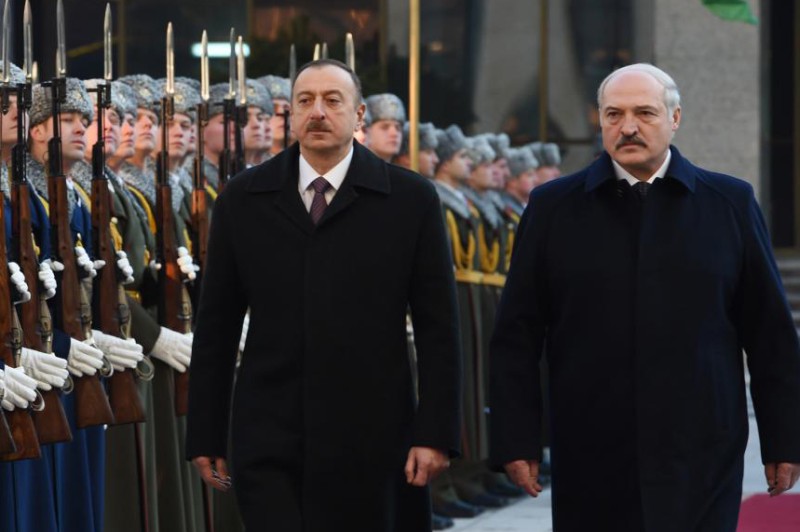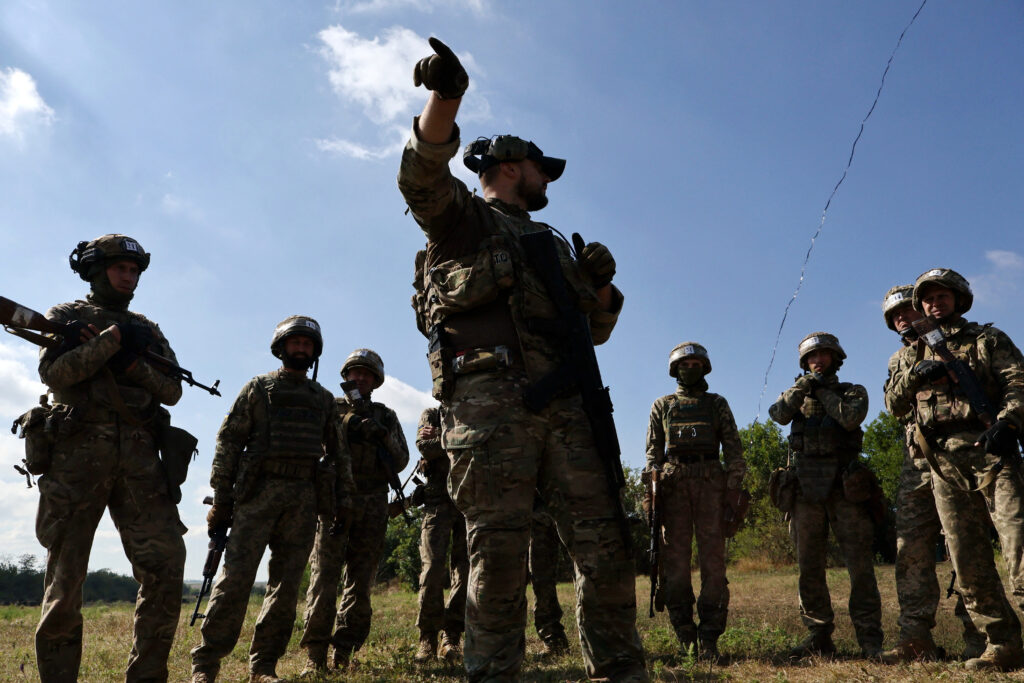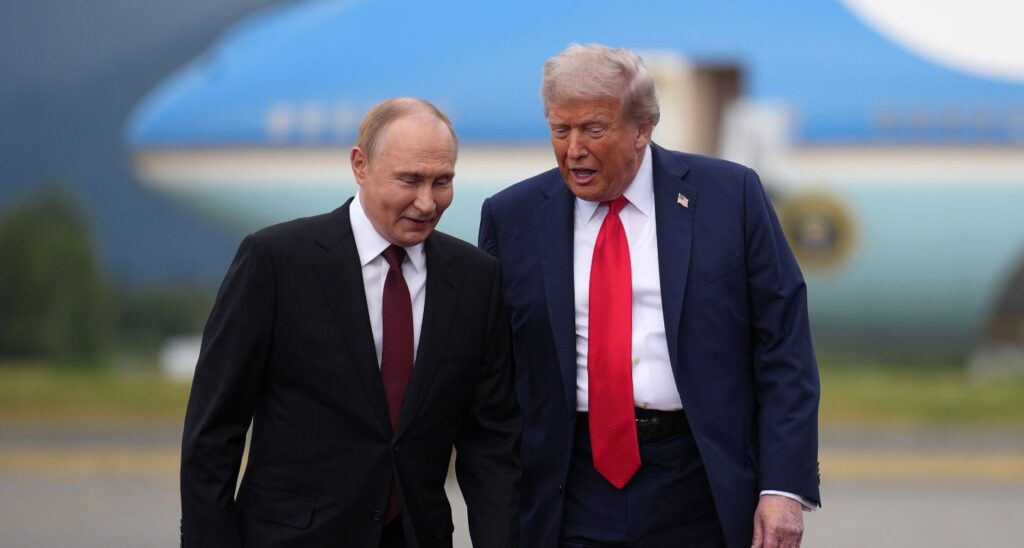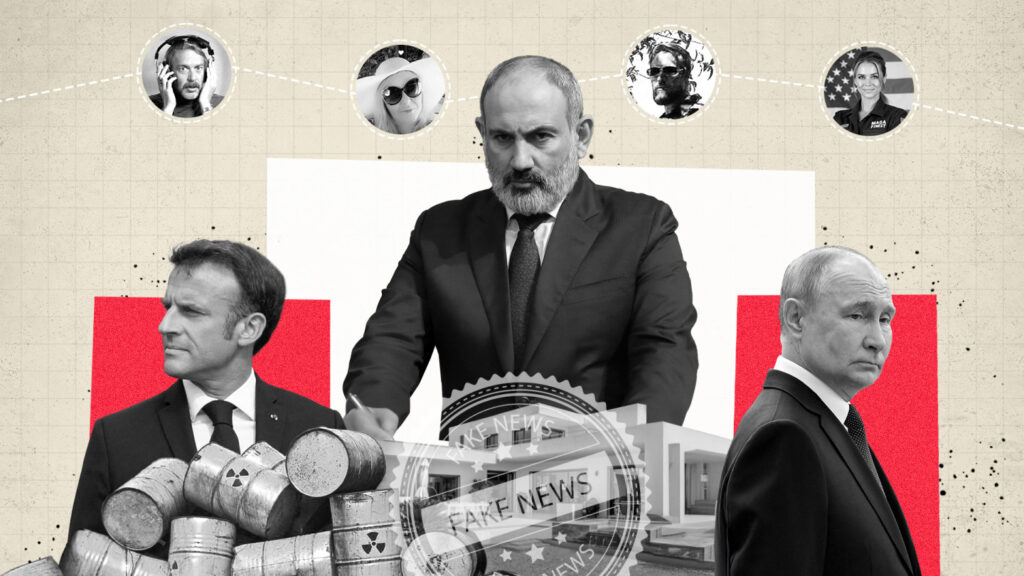Assessing Russia’s Claims That Ukraine Is Responsible For Terrorism All Across Africa
The US has the power to put a stop to this by threatening to cut Ukraine off if it refuses but won’t because it believes that this might become useful down the line.
RT recently published a report about late August’s claims by Deputy UN Representative Dmitry Polyansky and Director of the Officers Union for International Security Alexander Ivanov that Ukraine is responsible for terrorism all across Africa. According to them, its drone pilots assist terrorist-designated forces in Mali, Sudan, the Central African Republic (CAR), Chad, and the Democratic Republic of the Congo (DRC). Kiev has also supplied Libya with drones for use in its civil war despite a Turkish prohibition.


